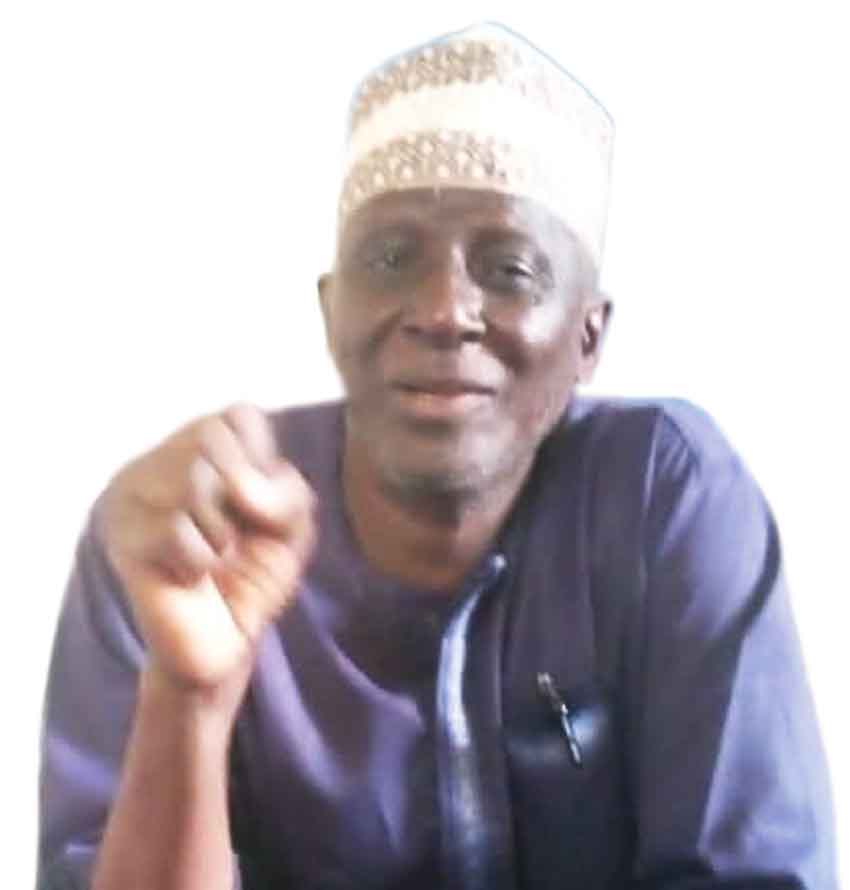By Lamin Kujabi
The Deputy Director General, Department of Agriculture has expressed good impressions about the cropping season so far; that the Department of Agriculture under the Ministry of Agriculture, Livestock and Food Security, and partners have also provided the necessary seeds to the farmers.
Mr Mustapha Drammeh was speaking during an interview with Gambia Daily at his office at Cape Point in Bakau.
He informed that distribution of the seeds to farmers have almost come to an end. “Based on my assessment, I think the crops are doing very well. I went around and I saw that the germination percentage of groundnut, millet, maize is good,” he affirmed.
While anticipating a bumper harvest, Mr Drammeh however pointed out that to get the true picture of the harvest and to compare it with last season’s, they have to wait for the end of the season.
He observed that many farmers have gone into groundnut production as a result of the attractive price attached to groundnut last year.
“The increase in the price of groundnut last year has intensified groundnut production in the country. We also have lot of projects that provide seeds to the farmers for free; this has also contributed to the increase in groundnut production this year”.
The role of private sector
The Deputy Agric DG acknowledged that the private sector has a very important role in the farming system. He said they want to encourage other private firms to come into farming, noting that it is very profitable as well.
“There are many people who did not only express interest but talso went into it already. I know many of them in fact who benefited from government support through the GIRAV project. Nineteen of them benefited from the matching grant scheme, which is a substantial amount of money. It aims to help them expand their businesses and employ more people in the agriculture sector”.
Government’s rice
self-sufficiency target
Mr Drammeh is optimism that once the ongoing projects and programmes are fully implemented and if the trend continuous, The Gambia will be rice self-sufficient by 2030. He said projects are aligned to the new National Development Plan (NDP) specifically with target to reduce food insecurity and food self-sufficiency within a very short period of time.
He pointed out that food self-sufficiency does not focus only on rice production. He said government is now shifting from supporting only rice production to putting its attention to maize, millet and other food crops. “Once we have all those crops cultivated in large scale, the production level will go high and food sufficiency will be achieved”.
He informed that the Republic of South Korea technical team is in the country to give technical support to rice production. “They came with some varieties of rice which they want to introduce to the country. These rice varieties are climate resilient, high yielding, and are resistant to pest and diseases. If we have these varieties in our farming system I think it will help us attain food self-sufficiency,” Drammeh asserted.
The Deputy DG urged farmers to use the best agricultural practices, and work and seek advice from agriculture extension workers. “These agricultural officers are there to advise farmers on the best agricultural practices. They also train and help them increase their production and productivity,” he stressed.
Mr Drammeh concluded by saying that with committed partnership and collective efforts by all stakeholders; be it government, development partners or private sector, The Gambia will be able to feed itself.




